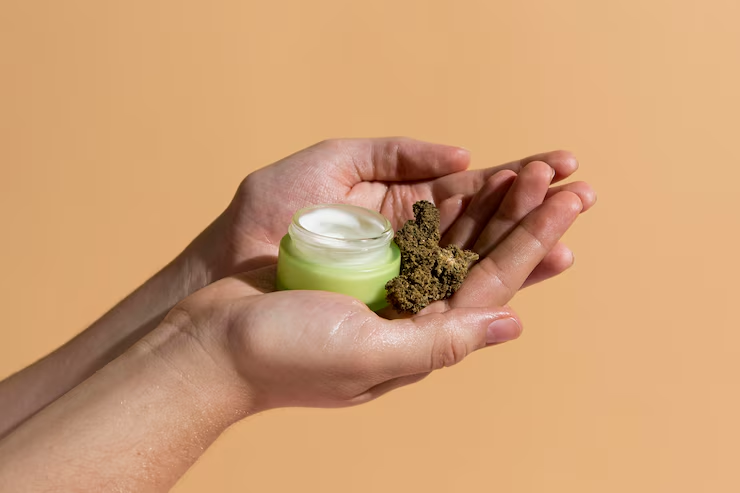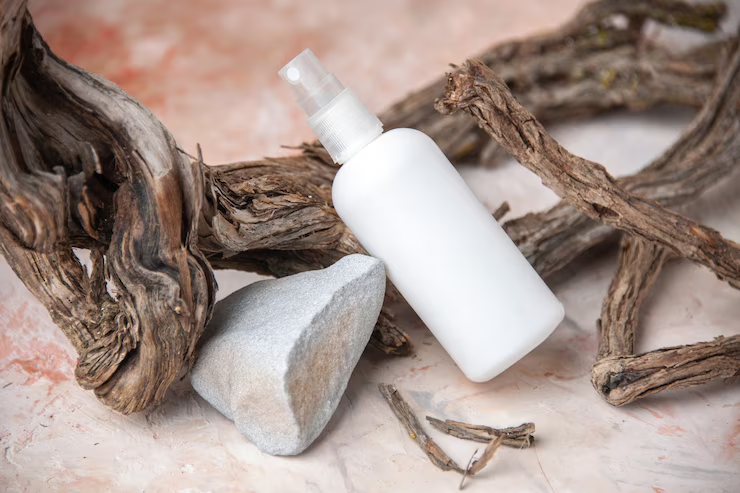The Use of CBD in Palliative Cancer Care: A Natural Support for Comfort and Relief
Table of Contents
Cancer is a deeply challenging journey—not only for the person diagnosed but also for their loved ones. While medical advancements have improved cancer treatment outcomes, the side effects of chemotherapy, radiation, and the disease itself can be physically and emotionally overwhelming. That’s where CBD in palliative cancer care is beginning to make a significant impact.
Palliative care focuses on improving the quality of life for people with serious illnesses. As part of a holistic support system, CBD (cbd roll on for pain) is emerging as a natural remedy to help ease symptoms such as pain, nausea, anxiety, and insomnia that often accompany cancer and its treatment.
Understanding Palliative Cancer Care

Palliative care isn’t about curing cancer—it’s about providing relief and comfort. It can be administered alongside curative treatments or independently when treatment is no longer effective. The goal is to support the patient physically, emotionally, and mentally, allowing them to live as fully and comfortably as possible.
This is where CBD in palliative cancer care comes into play. Derived from the hemp plant, CBD is a non-intoxicating compound that interacts with the body’s endocannabinoid system to help regulate mood, pain, appetite, and inflammation—making it a potentially powerful tool in palliative medicine.
How CBD Can Support Cancer Patients in Palliative Care

1. Pain Management
Chronic pain is a common issue in advanced cancer stages. Studies suggest that CBD may help reduce pain by interacting with receptors in the brain and immune system, decreasing inflammation and pain signals.
2. Alleviating Nausea and Vomiting
Chemotherapy often causes severe nausea and vomiting. While prescription antiemetics are commonly used, many patients report relief with CBD—especially when combined with a small amount of THC (where legal and appropriate).
3. Improved Sleep Quality
Cancer and its treatments can disrupt sleep. CBD has calming properties that may help improve sleep patterns and duration without the side effects of sleep medications.
4. Emotional and Psychological Support
Anxiety and depression can take a heavy toll during a cancer journey. CBD may help regulate serotonin levels in the brain, offering a natural way to manage mood disorders and reduce stress.
5. Stimulating Appetite
Maintaining weight is crucial during cancer care, but many patients struggle with poor appetite. CBD, especially when paired with THC, can help stimulate hunger and promote better nutrition.
Choosing the Right CBD for Palliative Care
When incorporating CBD into palliative care, it’s essential to:
- Consult with a healthcare provider to ensure no interactions with current medications.
- Choose full-spectrum or broad-spectrum CBD for maximum benefit.
- Opt for third-party tested products for safety and potency.
- Consider delivery methods based on symptoms: tinctures, capsules, edibles, or topicals.
Dosing should always start low and go slow, especially in patients with weakened systems or those taking other medications.
The Importance of Personalized Care
Every cancer patient is unique. While CBD has shown promise in easing many symptoms, its effects can vary based on the individual’s condition, treatment plan, and overall health. That’s why palliative care teams often work closely with patients and caregivers to develop personalized plans that may include CBD as part of a broader support strategy.
FAQs About CBD in Palliative Cancer Care

1. Is CBD safe for cancer patients?
CBD is generally well-tolerated, but it’s important to consult with a healthcare provider, especially for patients on chemotherapy or other medications.
2. Can CBD cure cancer?
No. CBD is not a cure for cancer but may help manage symptoms and improve quality of life as part of palliative care.
3. How is CBD administered in palliative care?
It can be taken as oils, capsules, edibles, or used topically. The choice depends on the patient’s needs and preferences.
4. Will CBD get me high?
No. CBD does not produce the psychoactive effects associated with THC. However, some products may contain trace amounts of THC, so always read labels carefully.
5. Is CBD legal for medical use?
Hemp-derived CBD is legal in many places, but laws vary. Always check local regulations and consult with medical professionals before use.
Final Thoughts
CBD in palliative cancer care is not a miracle cure, but it offers real potential for easing discomfort and enhancing quality of life. As more research emerges and awareness grows, CBD is becoming a valuable addition to the palliative care toolbox, helping patients face cancer with greater comfort, dignity, and peace.
For those exploring holistic and compassionate ways to support a loved one—or themselves—during a difficult journey, CBD may offer the gentle, natural relief they need.







